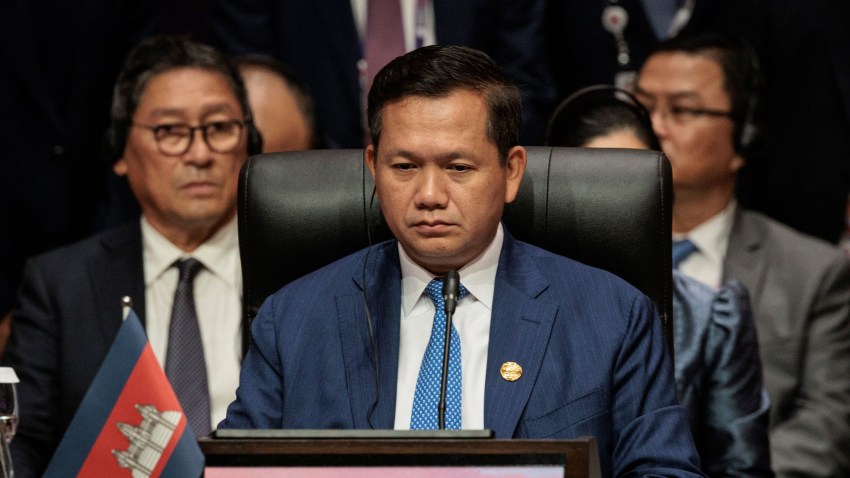Last summer, after an unfree election in which the main opposition party was banned, longtime Cambodian Prime Minister Hun Sen handed the premiership to his son, Hun Manet, in a dynastic succession. In the roughly six months since then, Hun Manet has shown some signs that he has a better understanding of the country’s need for broader economic growth—and the importance of attracting a wider range of foreign investment—than his father.
Yet on political issues, he seems as repressive as Hun Sen, who was one of the most brutal autocrats in Asia. And lacking his father’s stature and legitimacy among senior Cambodian elites, Hun Manet has in many ways had to expand the circle of elite graft, while also dealing with his still-meddling dad, who will not be content to just wash his hands of the political system he built and dominated for 38 years.
Cambodia’s growth rate has hovered around 5 percent in recent years and gone up to near 7 percent at times. That’s strong, but not strong enough for a developing economy where about two-thirds of the population is under 30. To bolster growth, Hun Manet has therefore reached out more aggressively than his father to foreign companies beyond the Chinese firms that already dominate the economy, wooing them with opportunities in areas like consumer goods and natural resources, including oil and gas. China’s investments in the country have already improved Cambodia’s once woeful physical infrastructure, which is a boon for all manner of firms seeking to enter the Cambodian market.

